What is predictive analytics? Transforming data into future insights
CIO Business Intelligence
FEBRUARY 10, 2023
Predictive analytics definition Predictive analytics is a category of data analytics aimed at making predictions about future outcomes based on historical data and analytics techniques such as statistical modeling and machine learning. from 2022 to 2028.

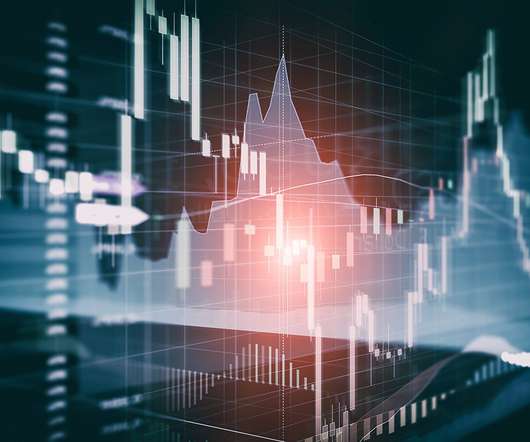
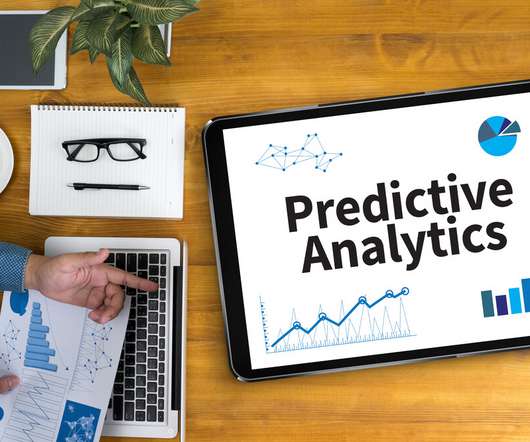
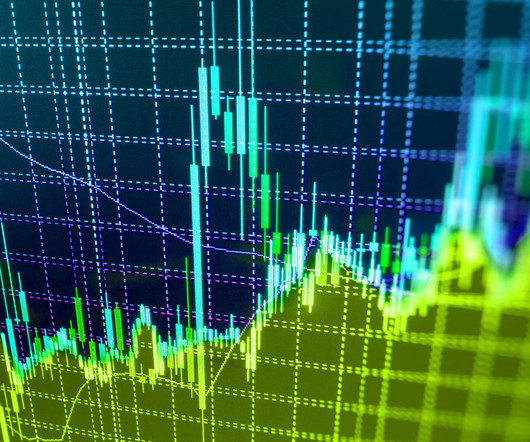

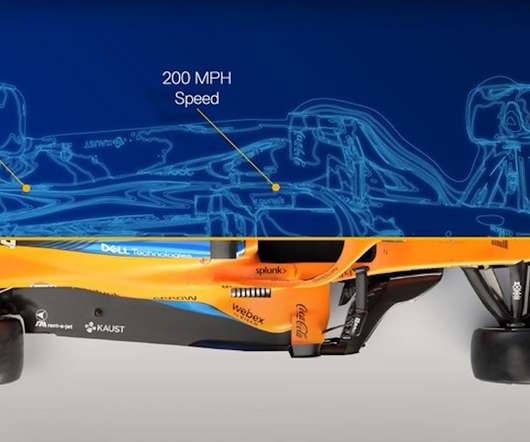





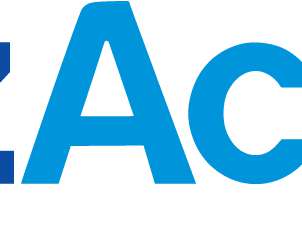

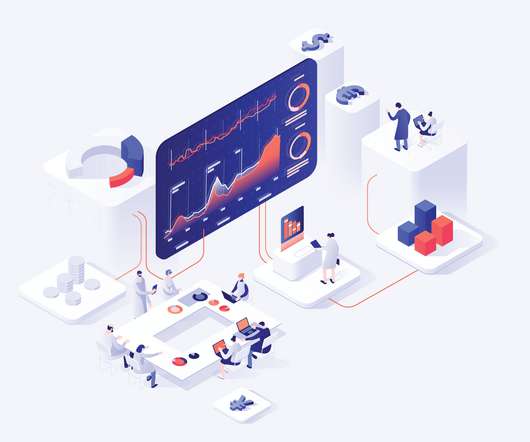
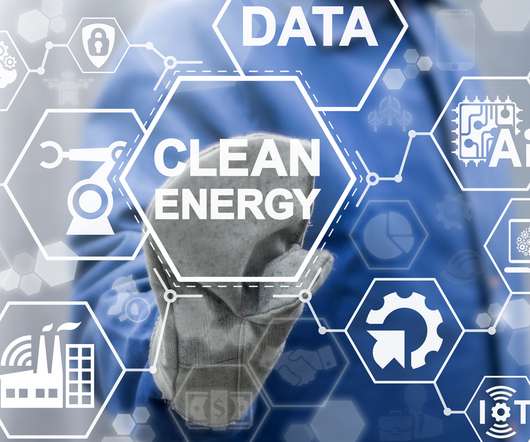








Let's personalize your content